
Topical Conversations

Tune in to hear insights and updates on some of the hot topics in dermatology. In this series, we showcase expert updates on featured conditions, KOL discussions, and much more!

Discourses in Dermatology

Join the leading experts as they go in-depth on some of the most important topics in dermatology. Hear invaluable insights on mechanism of disease, treatment options, and more for some of the most challenging dermatologic conditions.

Business Unblemished

Business Unblemished by Dermsquared, where we discuss the business-related topics for running a dermatology practice with practice owners and thought leaders.



Under Your Skin

Join Nicholas Brownstone, MD, as he discusses the practice of dermatology, both inside and outside the clinic. He gets to know your colleagues and gets tips on topics like time management, communicating with patients, avoiding burnout, and more!




WCH 2025 Conference Highlights

Watch short highlight videos summarizing information presented at Winter Clinical Hawaii 2025!







